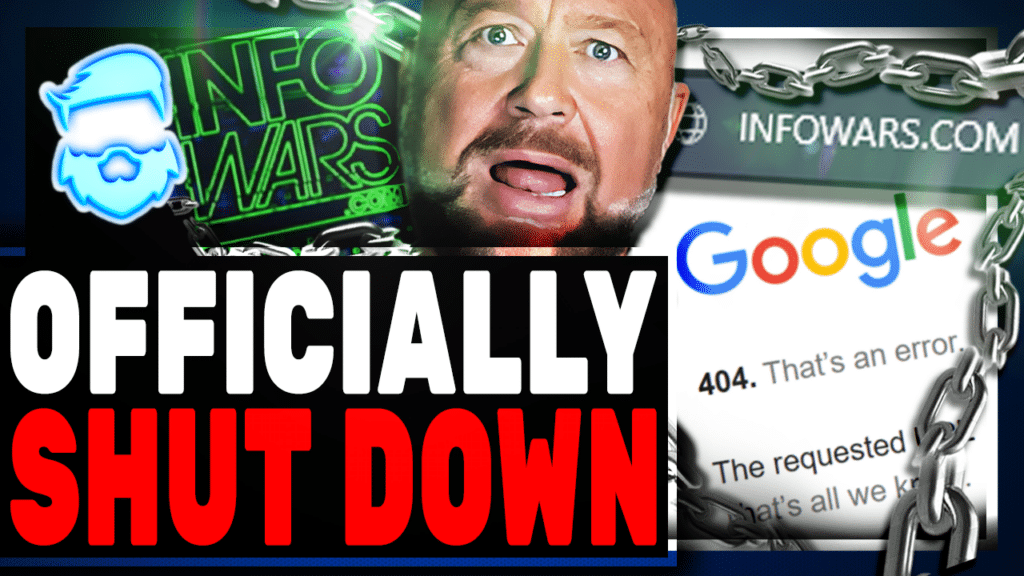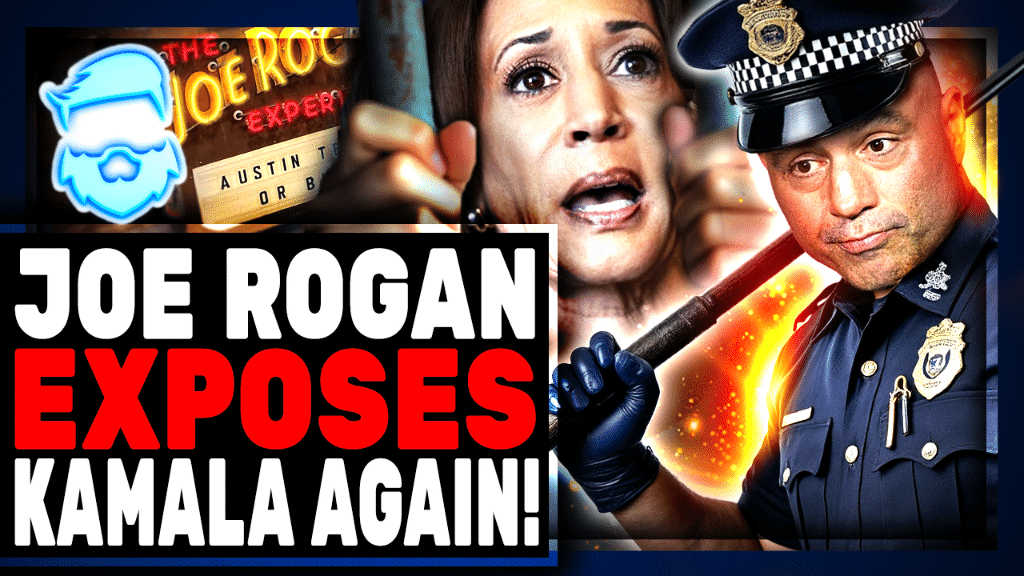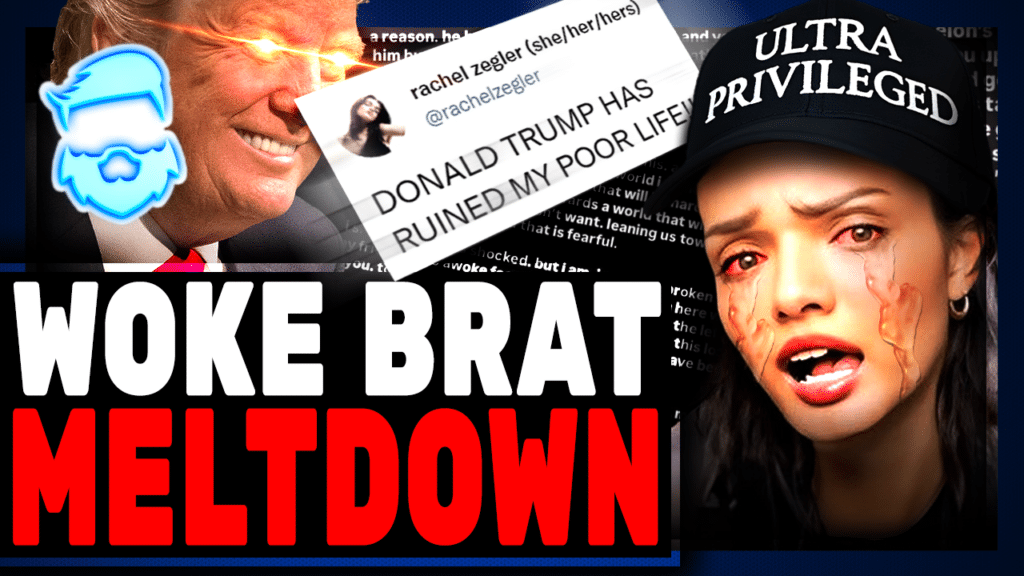Free speech advocates have celebrated the release of the Twitter Files, though it’s failed to discuss one of the most censored groups on the web: porn stars and other sex workers.
Over the past few weeks, Matt Taibbi, Bari Weiss, and other marquee journalists have taken part in publishing the illuminating Twitter Files. With Elon Musk’s permission, the reporters dug through the social media company’s internal records, exposing the censorship of New York Post reporter Emma Jo Morris’ Hunter Biden reporting, Stanford medicine professor Dr. Jay Bhattacharya’s COVID-19 beliefs, and other findings, sharing them via lengthy tweet threads and Substack posts.
The revelations were particularly terrifying for me and my fellow porn stars and sex workers because we know firsthand what it’s like for tech giants to censor our free speech, often for opaque reasons. For years, we’ve faced censorship on platform after platform, only for critics to yell at us that “social media isn’t the public square” and “you should build your own adult platforms.” When we’ve succeeded—on adult sites like OnlyFans, for instance—we’ve faced conservative groups trying to destroy those platforms. We are one of the most censored groups and depend on the spirit of free speech to survive; after all, free speech protects the people you disagree with and/or dislike, and many people disagree with and dislike porn stars (even though they likely masturbate to our content).
We are the perfect group for the Twitter Files to analyze, but thus far, the Files have failed to divulge how the company handles sex workers, despite plenty of avenues for these reporters to investigate. For one, Taibbi and Weiss were able to prove that Twitter was guilty of “shadow banning,” i.e., preventing certain accounts and tweets from appearing in users’ feeds and searches. Other sex workers and I have complained about shadow banning for years, only for liberals and conservatives alike to dismiss us as conspiracy theorists. I’ve struggled to find my sex worker colleagues’ accounts. I’ve seen search results hide my own account. Even since Musk bought Twitter, my account will not appear in the search box for users who aren’t already following me. By examining Twitter’s internal communications, reporters could identify how and why the company has seemingly restricted legal adult stars.
For years, many porn stars felt like Twitter treated us as criminals—even though the law protects our occupation—so these reporters could also examine how Twitter classified porn stars. Were we seen as criminals? Were we grouped as one monolithic body? Did they treat some porn stars differently than others? Why were some porn stars deplatformed even though they didn’t break company policies? Twitter has offered little clarity on how they shape their policies around porn stars, and the public deserves to know how the company came to its conclusions.

















